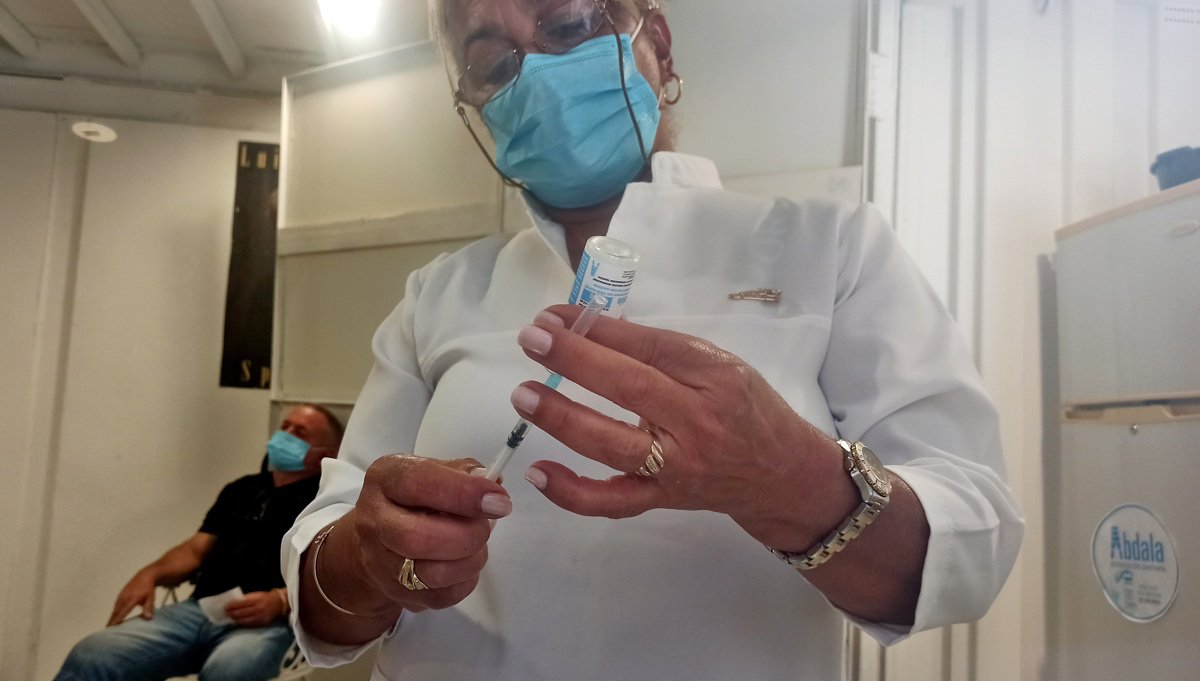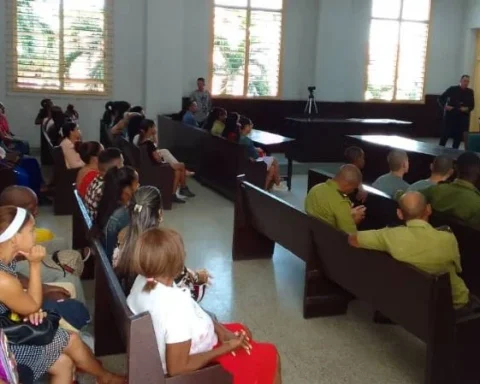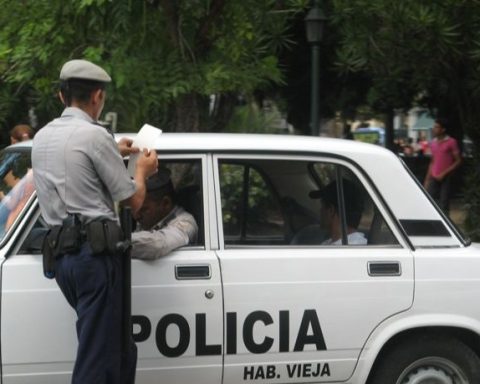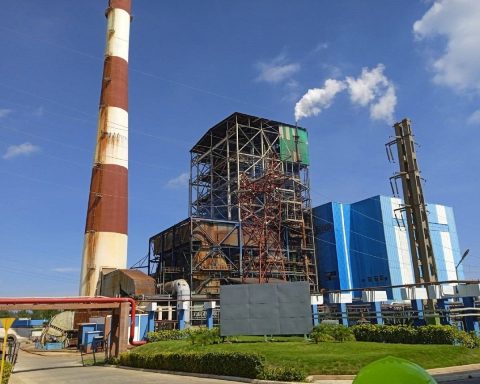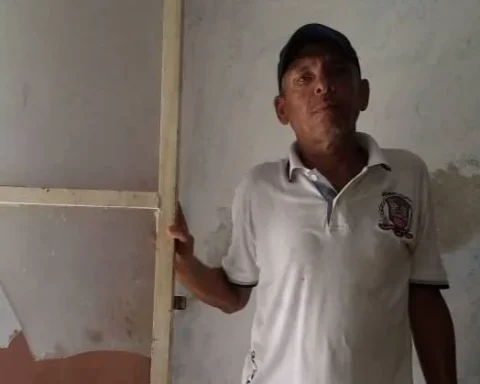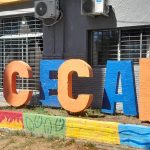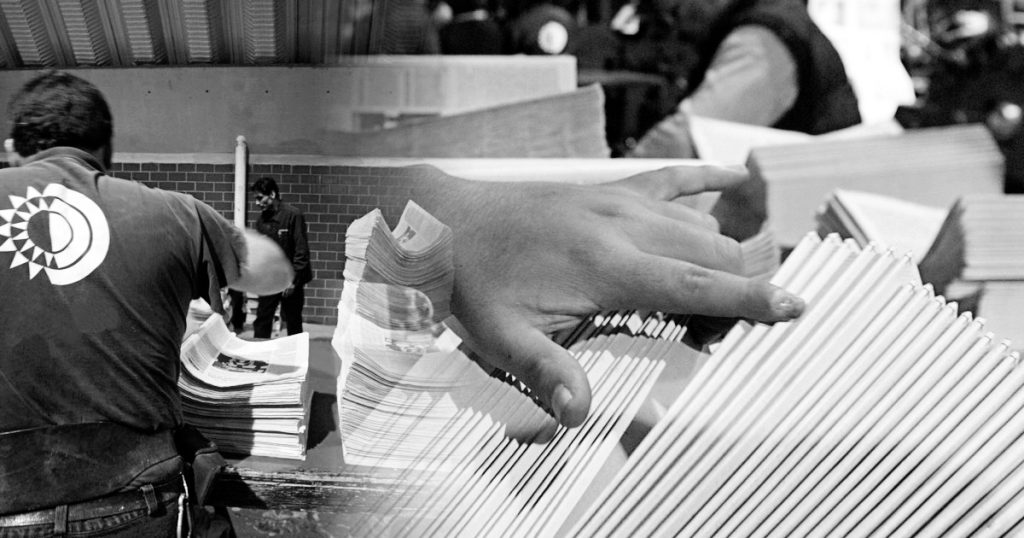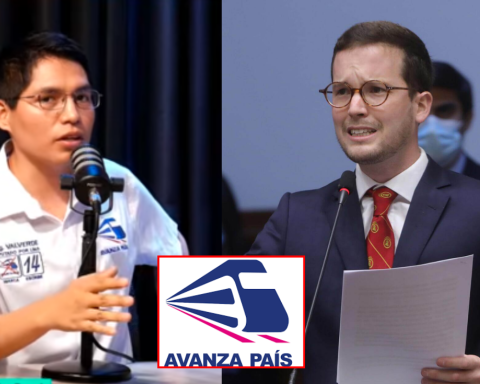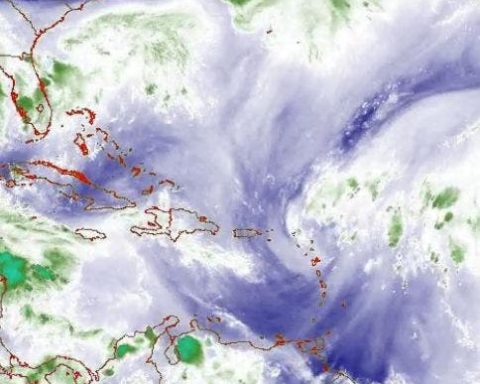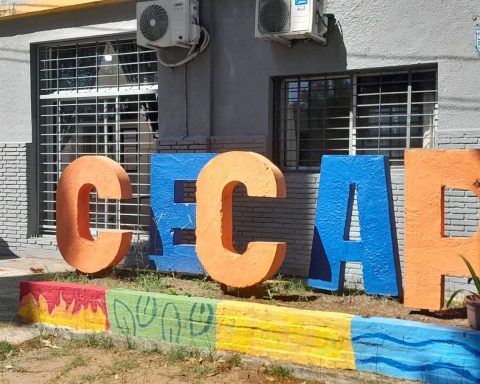Abdala, the first Cuban and Latin American vaccine against COVID-19, celebrates this Saturday the first anniversary of its approval by the local regulatory authority for emergency use in the mass immunization campaign on the Island.
This vaccine —created and manufactured by the Center for Genetic Engineering and Biotechnology (CIGB)— has demonstrated an efficacy of 92.28% in clinical trials. In its last phase of testing, 48,000 volunteers aged 19 to 80 participated.
Abdala is a subunit vaccine based on the receptor binding site (RBD) of the S protein of the virus, a type of platform in which Cuban scientists have more experience.
CIGB scientists have explained that this immunogen was designed by means of protein engineering, using structural bioinformatics methods. It is also the pioneer of five anticovid formulas developed by the CIGB and the Finlay Institute to reach the category of a vaccine, and it has an intramuscular administration schedule of three doses spread over 28 days.
In addition to Abdala, Cuba has two other drugs of this type to combat the coronavirus that have been authorized by the local regulator: Soberana 02 and Soberana Plus. Two other candidates, still under study, are called Soberana 01 and Mambisa, the latter designed for nasal application.
your brief history
Upon receiving permission from the island’s regulatory authority, Abdala ceased to be a vaccine candidate to officially register as a vaccine against COVID-19.
That step made it the first created in Latin America, where there are few countries that work on their own formulas and inoculations are mostly carried out with vaccines imported from the United States (Pfizer), the United Kingdom (Oxford/AstraZeneca), Russia (Sputnik V ) or China (Sinopharm).
Abdala’s dossier has been in the hands of the World Health Organization (WHO) since March of this year to begin the evaluation process for its international recognition.
Eduardo Martínez, director of the state-owned biopharmaceutical group BioCubaFarma, manufacturer of Abdala, acknowledged in April the existence of a “small delay” in the process to obtain WHO endorsement. He then explained that the delay was due to “an internal element” in particular: the decision to transfer Abdala’s production to a new plant and that it has delayed the documentation process for the final file.
The Cuban vaccine was initially produced in CIGB facilities and has now passed to the CIGB’s Technological Industrial complex. It is the most modern facility of its kind in Cuba and is located in the Mariel Special Development Zone (ZEDM), a government megaproject that encourages foreign investment on the island.
The WHO asked for a self-assessment of Abdala’s file and after this internal verification, the first meeting with experts from the United Nations organization took place. After that step, it was agreed that Cuba should include the quality results in the new plant in the file.
In this sense, the coordinator of the CIGB vaccine project, Miladys Limonta, pointed out that there are other steps for authorization, such as the signing of confidentiality agreements with the WHO, and an inspection of the factory.
Baby vaccine and global expansion
Cuba currently studying the safety and effectiveness of Abdala in children between six and 11 months. If successful, it would be one of the first formulas against COVID-19 worldwide in children under one year of age.
The CIGB is also carrying out a clinical study in pregnant women vaccinated with Abdala, which already has the sanitary approval for the inoculation of children over two years of age.
In addition to Cuba, the drug has also been authorized in Vietnam, Iran, Venezuela, Nicaragua and, since last December, Mexico.
To date, more than 9.9 million people (90% of just over 11 million inhabitants) in Cuba have completed the immunization schedule against COVID-19, with the Abdala, Soberana 02 and Soberana Plus vaccines.
In sum, more than 38.8 million doses administered with Cuban vaccines have accumulated on the island —counting first doses and booster doses—, according to the Ministry of Public Health (MINSAP) in his most recent part on immunization on the Island.
The Cuban government has not purchased vaccines on the international market nor is it part of the Covax Mechanism created by the WHO to promote equitable access to immunization in low- and middle-income nations.
Raquel Martori / EFE
